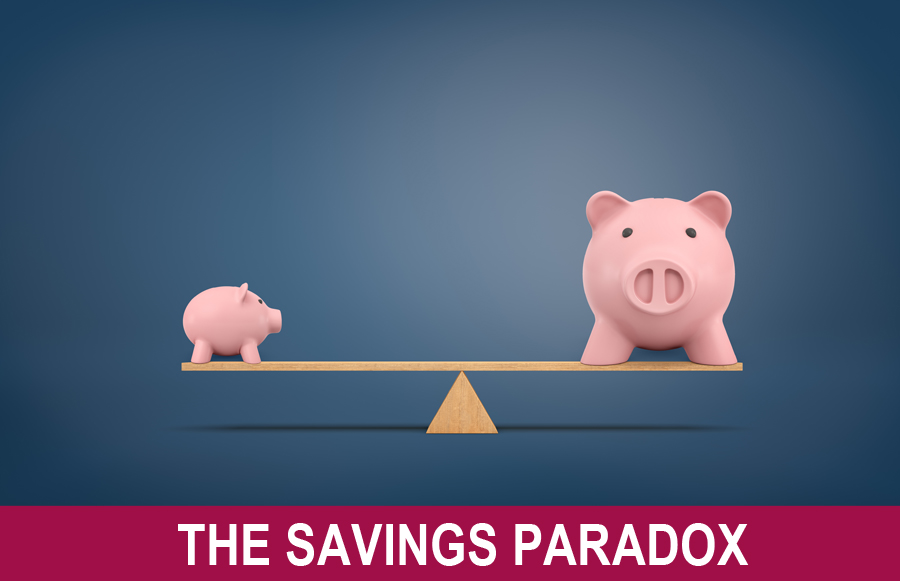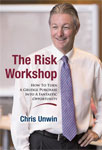CHRISISMS
A fortnightly pearl of wisdom to fast track your success
Chrisism #91 - The Savings Paradox
14 May 2019
This Chrisism will fascinate you or infuriate you, or both! It will also present you with a delicious paradox by proving that a person who decides to stop saving can save considerably more than someone who decides to save diligently all the way to age 65! Come again? Let’s put it another way:- the underlying truth is that saving smarter beats saving harder. Discipline is even more important than dollars when it comes to producing a result. You will probably wish someone had explained all this to you when you were young enough to really learn and profit from it. Still – and this is your consolation – you can be the someone who explains it to someone else; to a young person who still has the time to profit from it. It? “It” is the magic of compound interest, and it isn’t really magic at all – it’s simple mathematics. But magic for most people is more intriguing than maths, so let’s think of it as magic. Imagine you are 21 again. You decide, because someone explained this magic to you, to save $2,000 a year – until you turn just 30. Then you stop saving all together and leave your nest egg alone until you turn 65. Let’s say, for the sake of the exercise, that you earn an average return of 8% per annum which you always reinvest. Now imagine an alternative scenario. Again you are 21 but decide to do nothing about saving until you turn 31. At 31, you begin saving $2,000 a year and you continue to do so every year until you turn 65, again reinvesting the 8% per annum average return. You figure you will more than make up for lost time by saving harder i.e. for 35 years rather than 10 years. Which is the better strategy? The 10 year savings plan, in which you will have invested $20,000 will reap $428,378. The 35 year plan, in which you will have invested $70,000 – over three times as much – will reap considerably less:- $344,634. It is also worth pointing out that you are more likely to have spare cash flow in your 20s when you are probably only going to have yourself to worry about than in your 30s and beyond when your commitments are likely to increase – especially if you get married and have kids. I believe this education piece is another example of the opportunity presented in the area of intergenerational advice – this time in the investment space as opposed to the personal protection space(see Chrisism#31). |





